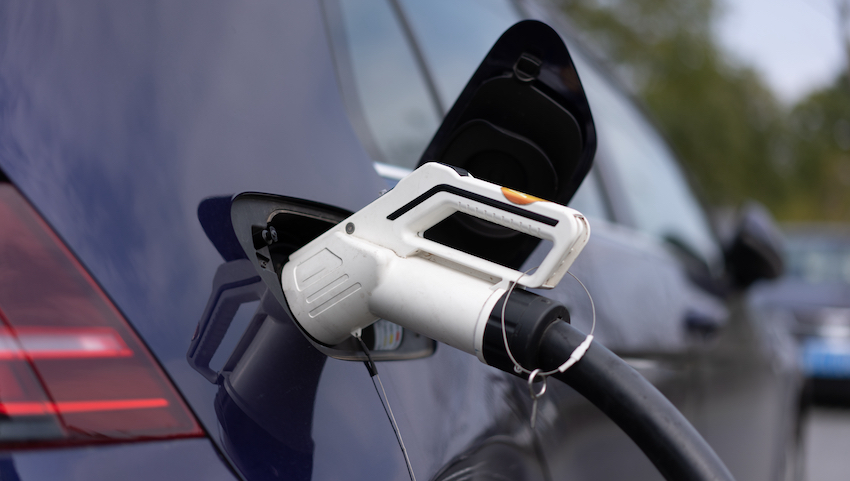Government cuts plug-in grant and changes eligibility criteria
The government has slashed the plug-in car grant by £1,000, as well as changing the eligibility criteria to target cheaper EV models.
The Plug-in Car Grant had previously offered consumers up to 35% off the purchase price of an EV up to £2,500. This applied to plug-in vehicles that had a recommended retail price (RRP) of £35,000 or less.
However, the grant has now been dropped to just £1,500, with vehicles with an RRP of £32,000 now eligible, of which there are around 20 models available in the UK.
Support for wheelchair accessible vehicles is being prioritised, with these retaining the £2,500 grant and a higher £35,000 price cap. Grant rates for the Plug in Van Grant will now be £5,000 for large vans and £2,500 for small vans, with a limit of 1,000 per customer per year.
A statement from the Office for Zero Emission Vehicles stated that the governments approach to supporting the uptake of electric cars is “clearly working,” with sales of electric vehicles soaring despite the level of support from the grant decreasing over time.
Transport Minister Trudy Harrison commented: “The market is charging ahead in the switch to electric vehicles. This, together with the increasing choice of new vehicles and growing demand from customers, means that we are refocusing our vehicle grants on the more affordable vehicles and reducing grant rates to allow more people to benefit, and enable taxpayers’ money to go further.
“We want as many people as possible to be able to make the switch to an electric vehicle, which is why we will also be introducing new rules to make it easier to find and pay at chargepoints. This will ensure drivers have confidence in our charging infrastructure, as we look to reduce our carbon emissions, create green jobs and level up right across the UK.”
The total funding committed by this government to support the transition to zero emission vehicles is £3.5 billion. This includes recent investments like an additional £350 million to support the electrification of UK vehicles and their supply chains, as part of our £1 billion commitment, and a further £620 million for targeted electric vehicle grants and infrastructure, with a focus on local on-street residential charge points.
Reaction
Charlie Atkinson, editor of EV Powered, said:” The decision to slash the plug-in grant is disappointing considering how far the EV industry has come this year. Over the past few months, we have seen a consistent growth in sales of electric vehicles, which has coincided with the decline in petrol and diesel.
“Instead of pressing down on the throttle in its acceleration of electric vehicles and continuing to make the prospect of switching to an EV easy and convenient for everyone, the government has created another barrier to EV adoption at a time when the country was seemingly at a turning point in the mass migration to electric vehicles.
“Nevertheless, with more and more electric models set to enter the market over the next couple of years, it remains an exciting moment in time for the industry, especially as a greater number of cheaper EVs become available.”
Responding to the announcement, Paul Willcox, managing director of Vauxhall, said: “Vauxhall recently welcomed the government’s announcement to implement a zero emission vehicle mandate as it would provide clarity to the UK motor industry and we want to encourage EV adoption in the UK.
“These changes provide a confusing message to UK consumers and will harm EV adoption at a time when we need to be doing all we possibly can if we are to stand a chance to move the UK to electrified only vehicles by 2030.
“Whilst we understand the government’s desire to phase out the plug-in vehicle grant at some point, we really need to see a more strategic, longer-term approach. A lack of clarity and certainty for customers can only harm EV adoption and leave the UK lagging behind other countries in the race to decarbonise personal transport.
“Whilst electric vehicle adoption is growing rapidly at the moment, EVs still represent a small percentage of the overall UK vehicle parc. In our view, further work is needed on other fiscal incentives, such as considering a reduction in VAT for EV, and also aiming that support at those that financially need it to make the move to EV.”
